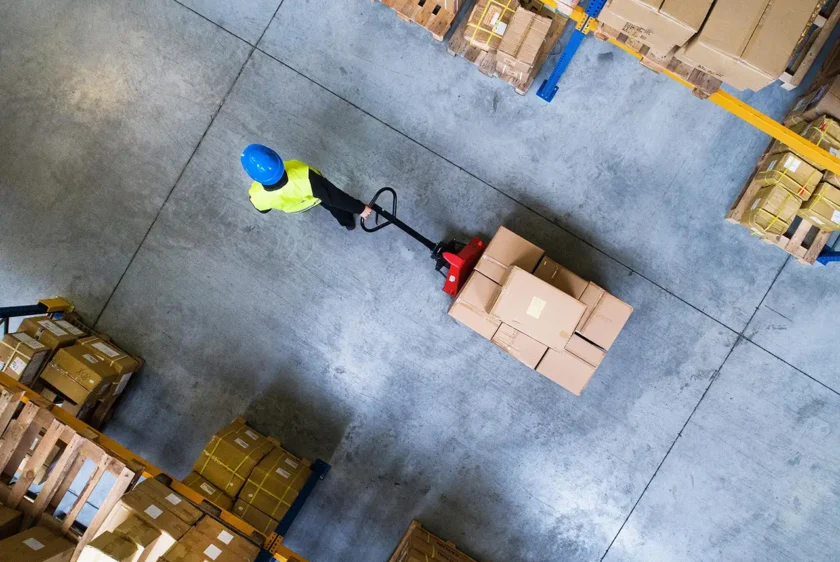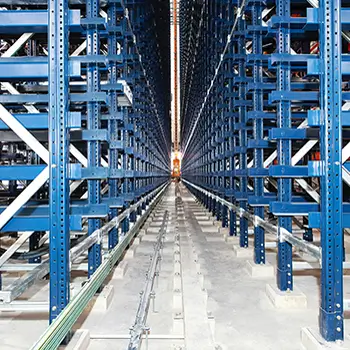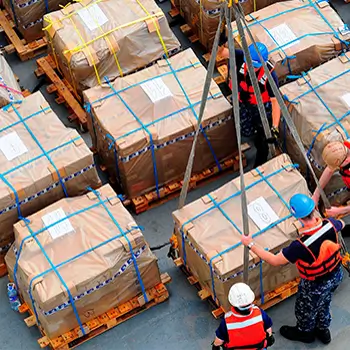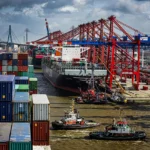
New levels disruption affecting the global trade limitations
In recent years, global trade has faced unprecedented levels of disruption, significantly impacting supply chains, economies, and businesses worldwide. From geopolitical tensions to technological advancements and environmental challenges, various factors are contributing to these disruptions. This blog post explores the new levels of disruption affecting global trade, their implications, and strategies for overcoming these limitations.
Major Disruptive Factors in Global Trade
- Geopolitical Tensions: Trade wars, sanctions, and shifting political alliances are creating uncertainty and volatility in global markets. For instance, ongoing trade disputes between major economies can lead to tariffs and import/export restrictions, disrupting supply chains and increasing costs for businesses.
- Technological Advancements: Rapid technological changes are both an opportunity and a challenge for global trade. Innovations such as blockchain, AI, and IoT are transforming logistics and supply chain management, but they also require significant investment and adaptation.
- Environmental Challenges: Climate change and environmental regulations are imposing new constraints on global trade. Companies are being pressured to adopt sustainable practices, which can involve substantial changes to their operations and supply chains.
- Pandemics and Health Crises: The COVID-19 pandemic highlighted the fragility of global supply chains, causing widespread disruptions due to lockdowns, labor shortages, and transportation bottlenecks. Future health crises could pose similar threats.
- Cybersecurity Threats: Increasing cyberattacks on supply chain networks and logistics systems are causing significant disruptions. Companies must invest in robust cybersecurity measures to protect their operations and data.
Implications of Disruptions on Global Trade
- Supply Chain Vulnerability: Disruptions expose the vulnerabilities in global supply chains, leading to delays, increased costs, and reduced efficiency. Companies may struggle to meet customer demand and maintain inventory levels.
- Increased Costs: Trade disruptions often result in higher operational costs. Tariffs, regulatory compliance, and the need for alternative sourcing can significantly impact a company’s bottom line.
- Market Volatility: Uncertainty and volatility in global markets can affect trade flows, investment decisions, and economic stability. Businesses must navigate fluctuating exchange rates, commodity prices, and market demands.
- Operational Challenges: Disruptions can hinder the ability to manage logistics and transportation effectively. This can lead to bottlenecks, missed deadlines, and compromised service quality.
Strategies to Overcome Trade Disruptions
- Diversifying Supply Chains: Companies should diversify their supply chains to reduce dependency on a single source or region. This involves identifying alternative suppliers, sourcing locally, and building strategic partnerships.
- Investing in Technology: Embracing advanced technologies can enhance supply chain visibility, efficiency, and resilience. Technologies such as blockchain for transparency, AI for predictive analytics, and IoT for real-time tracking are critical.
- Enhancing Cybersecurity: Implementing robust cybersecurity measures is essential to protect against cyber threats. This includes regular security audits, employee training, and investing in advanced security solutions.
- Adopting Sustainable Practices: Companies must integrate sustainability into their operations to comply with environmental regulations and meet consumer expectations. This includes reducing carbon footprints, optimizing resource use, and adopting green logistics.
- Building Agility and Flexibility: Developing agile and flexible supply chain strategies enables companies to respond quickly to disruptions. This involves scenario planning, maintaining buffer stocks, and having contingency plans in place.
- Strengthening Collaboration: Collaborating with industry partners, government agencies, and technology providers can enhance resilience. Sharing information, resources, and best practices helps in mitigating the impact of disruptions.
Case Study: Resilience in the Face of Disruption
A multinational electronics manufacturer faced significant disruptions due to geopolitical tensions and the COVID-19 pandemic. By adopting a multi-faceted strategy, the company successfully navigated these challenges:
- Supply Chain Diversification: The company diversified its supplier base across multiple countries, reducing dependency on a single region.
- Technology Integration: Implementing an AI-driven supply chain management system improved forecasting and real-time decision-making.
- Sustainability Initiatives: The company invested in renewable energy and sustainable practices, aligning with regulatory requirements and consumer expectations.
- Cybersecurity Enhancements: Strengthening cybersecurity protocols protected the company’s supply chain network from cyber threats.
As a result, the company maintained operational continuity, minimized disruptions, and achieved a competitive advantage in the market.
Conclusion
The new levels of disruption affecting global trade present significant challenges but also opportunities for innovation and improvement. By adopting strategic measures such as diversifying supply chains, investing in technology, enhancing cybersecurity, and embracing sustainability, companies can overcome these limitations and build more resilient operations.
Navigating the complexities of global trade disruptions requires proactive planning, collaboration, and a commitment to continuous improvement. For more insights and tailored strategies to enhance your trade operations, feel free to reach out. Our team of experts is here to help you navigate and thrive in the dynamic global market.





